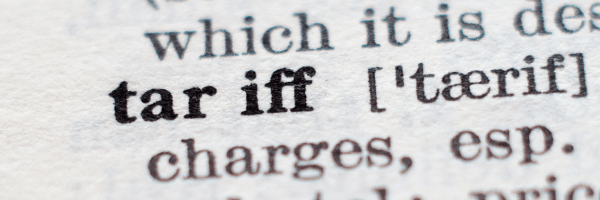Ethyl acetate is a widely used chemical in modern processes. Coffee and tea are decaffeinated through this chemical, while for perfumes it promotes high volatility to allow for quick evaporation. Given this substance’s broad range of uses, it is helpful to know some of its key properties that might be useful in other processes.
One of the most important chemical properties of any compound is its polarity, so is our chemical polar or nonpolar?
How Polarity Works
In chemistry, polarity is a measure of the electric balance of a molecule. While you might think that molecules will always have an overall neutral charge, it would not be chemistry if things did not become complex. Polarity arises when atoms bond to each other to form a molecule, protons stay in their respective atoms but electrons move around.
When a molecule is formed, the electrons tend to concentrate on the larger atoms which contain more protons. For example, water contains one oxygen atom and two hydrogen atoms. Oxygen contains more protons than hydrogen, so the electrons in water molecules spend much more time near the oxygen atom than the hydrogen atoms. So, although water has 10 protons and 10 electrons, poles develop because the electrons favor the oxygen atom.
Near the oxygen atom, a negative charge develops. Meanwhile, because the hydrogen atoms kept their protons but lost their electrons, a positive charge develops. In other words, a negative pole develops at the oxygen and a positive pole develops at the hydrogens. It is because of this that water is a highly polar molecule.
Is Ethyl Acetate Polar?
In short: yes, ethyl acetate is polar.
Polarity is not a binary property; molecules are not either polar or nonpolar. It is more useful to think of the property as a spectrum. Some molecules are completely nonpolar at one end, some are highly polar at the other end, and most molecules are somewhere in between.
This chemical, although it is polar, it is not nearly as polar as water. If you made a polarity scale where water was a 10/10 for polarity and a perfectly balanced molecule like methane was a 0/10, ethyl acetate would be somewhere between a 2 and 3. While this might seem low, it is still high enough for ethyl acetate to have chemical properties inherent to polar compounds.
Where to Buy Ethyl Acetate
Ecolink has been changing the chemical supply industry by providing high-quality chemicals that get the same job done with less. We offer a variety of eco-friendly and less toxic products for all of your industrial needs! If you would like to learn more about what we can offer, contact us here. We are here to help!















